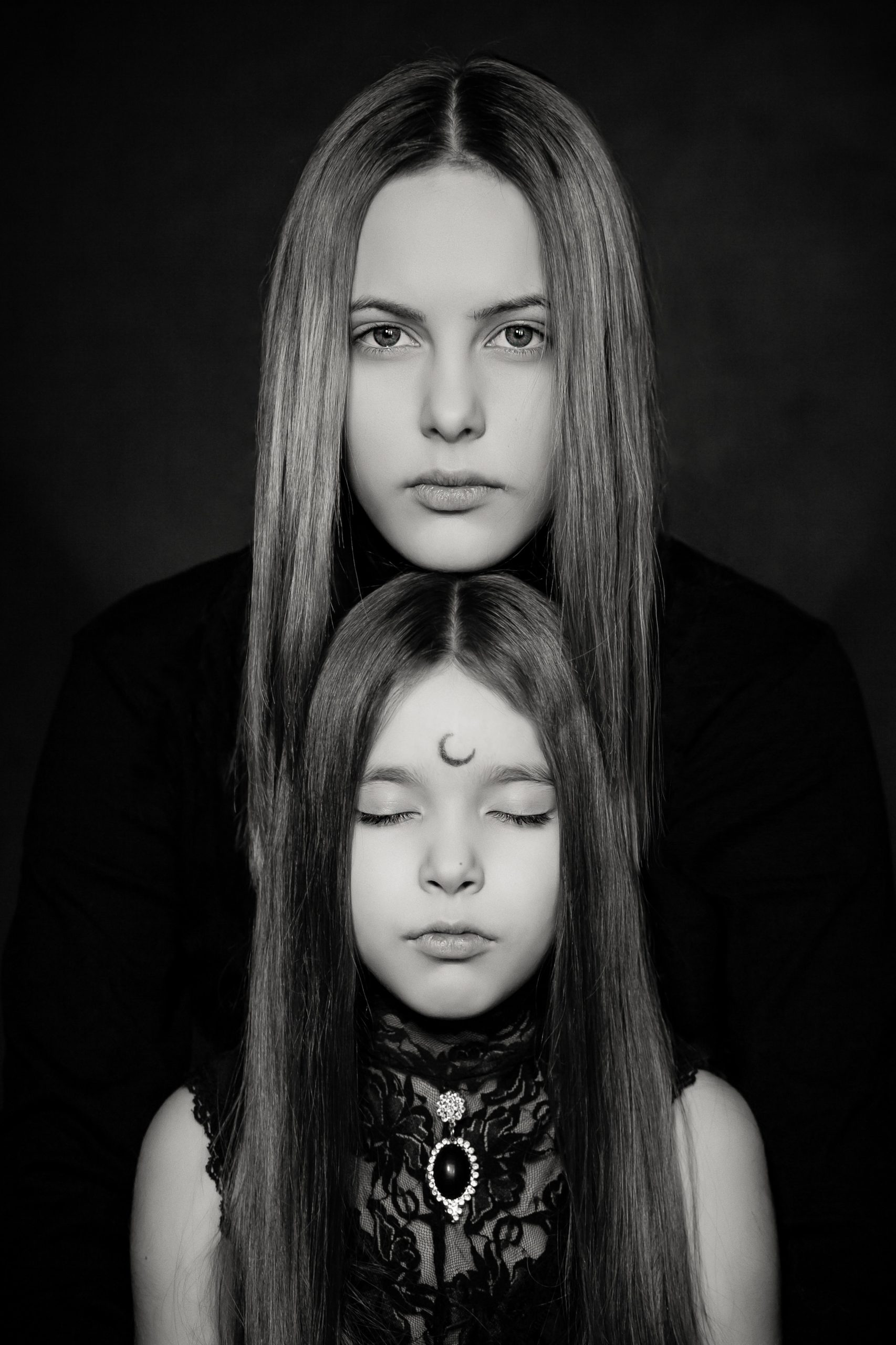Grief is an inevitable part of being human.
Yet, I have wondered, why is something so integral to human existence, so painful to go through?
The answer that’s slowly dawning upon me is that…. grief is supposed to hurt.
The pain and struggle of grief are what mould us into the person we eventually become as a result of it. The quote by Ted Rynearson says it best;
“There are really only two stages of grief… who you were before and who you are after.”
I’ve had multiple brush-ups with grief;
At 10, I saw my grandmother take her last breath.
At 24, my cat of 15 years died suddenly in my arms.
And most recently, at 33, my dad passed away after years of struggling with bipolar and the many health problems he contracted as a result of it.
It’s only been less than a fortnight since his passing, so the pain and grief I’m feeling is fresh and raw.
However, the psychologist in me is curious to understand my own personal grieving journey linking it to the established theories on grief.
And the writer in me finds the process of fleshing out my discovery through the written art form, truly healing.
So, here goes.
1. Grief is A Complex Emotion
It has been said that grief is one of the most complex human experiences.
The emotions that come with grief are not singular. Its multiple different emotions are bundled up in one tight package labelled ‘Handle with Care’.
I’m not just sad and depressed that he is gone, I’m also feeling guilty that I didn’t spend more time with him in his last few moments. But at the same time, after seeing his health deteriorate significantly over the past few years, I’m somewhat happy that he is no longer in pain.
To top it off, the jumble of emotions comes and goes at different intervals, at a pace that is hardly predictable.
One day I am completely fine, going about my day like nothing has happened. I have accepted that he is gone, and I focus on things in life to look forward to.
The next day I am completely shattered, barely able to get out of bed from the overwhelming feeling of loss that I will never be able to speak, hear, or touch him again.
It’s confusing, really.
I do what I can, and I’m just taking it one day at a time.
2. Grief is An Experience, Not A Process
Many of us have heard about the Five Stages of Grief.
The stages were coined by Elizabeth Kubler-Ross, a Swiss-American psychiatrist in her book “On Death and Dying”.
She worked with terminally ill patients and observed them go through these five stages (denial, anger, depression, bargaining, and acceptance) towards the end of their lives.
The same stages has been extrapolated to fit many other experiences of grief, including losing a loved one.
Reading the book and learning about it in psychology class, I used to look at grief as a sequential process that you go through.
The five stages proposed by Kubler-Ross made it seem like grief is a linear process, and you go from one stage to the next. Reaching the final stage of acceptance meant that you have successfully completed your round of grief, and hurray — you are free of it!
As I go through my own personal journey of grief… It is becoming clear to me that that is far from the truth.
I started my grief journey at the point of acceptance. At the point of my dad’s death, I accepted that this was the best alternative, rather than him spending the rest of his days being bedridden. It baffled me how I skipped all the initial stages and ended up at the end!
Just when I thought I had the grief under control, I moved backward into depression and remained there for a while. All the condolence messages I received seemed to exacerbate the pain, so I ended up shutting myself down from the outside world.
Grief is not merely a process that you undergo, jumping from one stage to another. Instead, it is a collection of experiences consisting of the different stages that can take place during one’s grief journey.
How long is the grief journey? Indefinitely.

3. Grief Can Begin Before Death
One of the things that really surprised me was how little I cried after he passed.
It even made me feel guilty. Somehow, in my mind, I thought the measure of how much I loved him was through the amount of tears I’ve shed.
Upon reflection, it made me realise that I actually began grieving the loss of my dad many years before his death.
As his health slowly declined over the years, the healthy, active, strong, powerful, intelligent, passionate man I knew, withered away in front of my eyes.
With every emergency hospitalisation, each tube & drip planted all over his frail body, I grieved.
With every kilogram he lost along the way, till all that’s left of his previously muscular stature was skin and bones, I grieved.
With every conversation we had about his eventual passing, and how we as a family should continue on without him, I grieved.
So when he actually passed, the grief was not overwhelming because its been spread out over the years.
Having prepared for this eventuality for many years, we were somewhat ready to accept it when the moment came.
It still hurts, though.
4. Grief is A Solo Journey
Grief is deeply personal.
Everyone grieves differently.
And while my family is sharing the grief of losing my dad, our journeys are completely different.
My mother, the social butterfly that she is, handles her grief through the support of family & friends. She finds solace through coming together with her support system and going deep into her religious practices.
My brother, the extreme introvert that he is, prefers to be alone throughout his grief. I guess its a blessing that he’s 20,000 kilometres away from home in Colorado at the time of my dad’s death.
Me, somewhat in the middle of the two extremes, would prefer to be left alone for periods of time to process the grief internally, before being ready to share it with others.
My meditation and mindfulness practice has guided me to witness my grief as an observer, instead of drowning in it.
My yoga Nidra and non-sleep deep rest (NSDR) practice calms my overactive nervous system to the point of immense anxiety and helps me get through rough batches of emotions.
My regular journaling allows me to reflect on my experience and record my learnings for deeper comprehension.
Once I have done these things, I will then share my grief experience with my partner and close friends.
I have come to learn that some people can hold space for your emotions, but no one else can make the journey for you.
It is a solo journey, but it doesn’t mean you are alone.




2 Responses
Ya, totally agree about the passage of grief varies with different people and personality types. And that there’s the contradictory feelings you had… Reading about the theory doesn’t prepare one for the reality when it hits you. Anyhow thanks for sharing your experiences and wonderful essays. Say hi!
I am still learning to navigate grief, but life certainly has a wonderful way of teaching. Thanks for reading and saying hi!